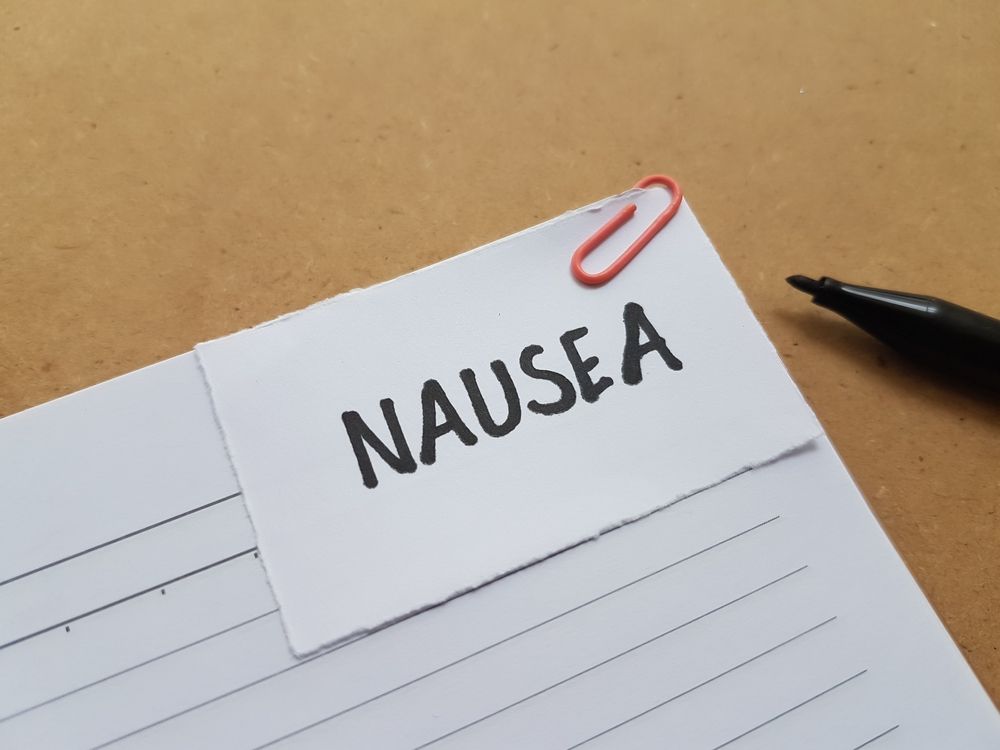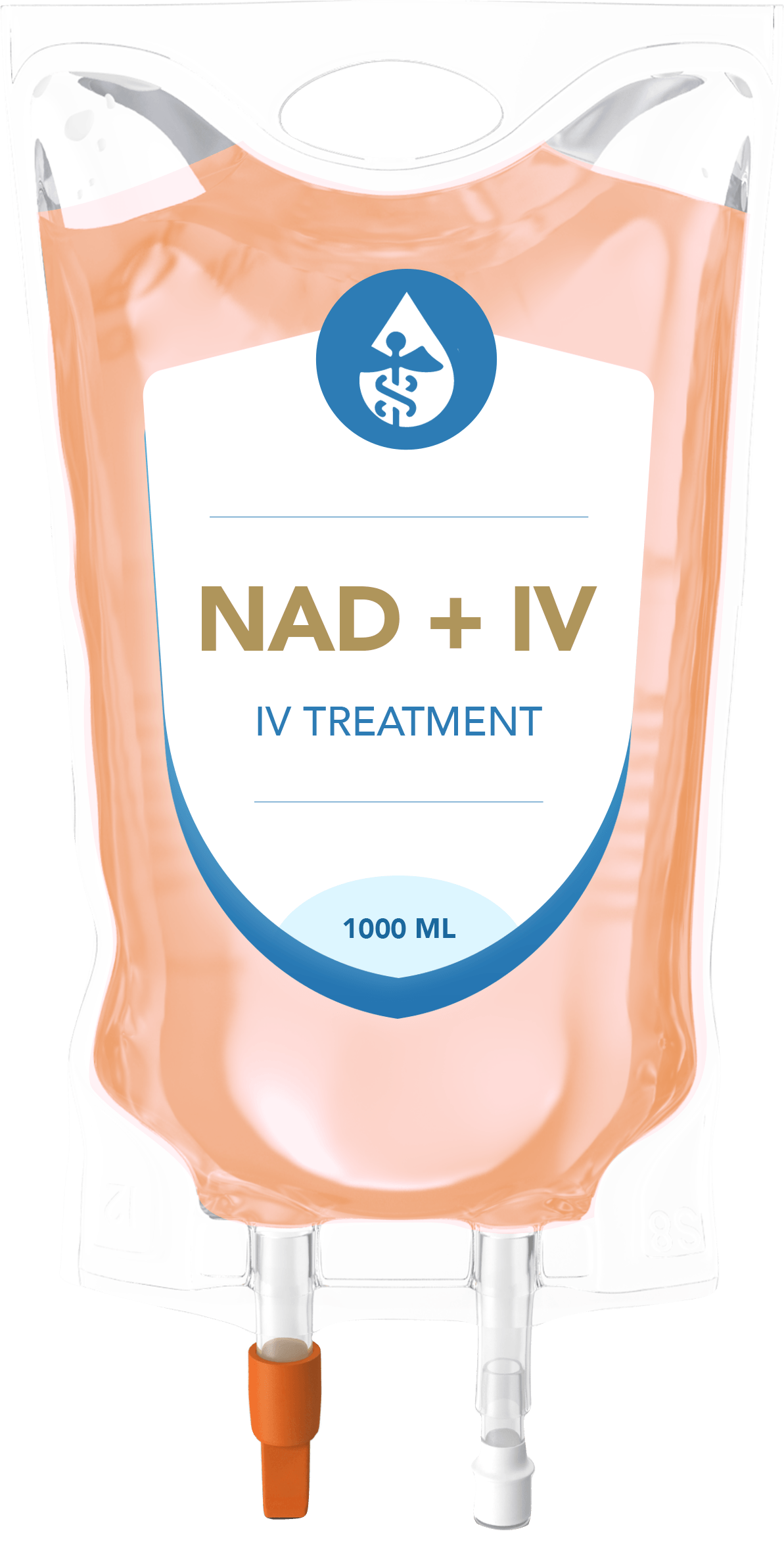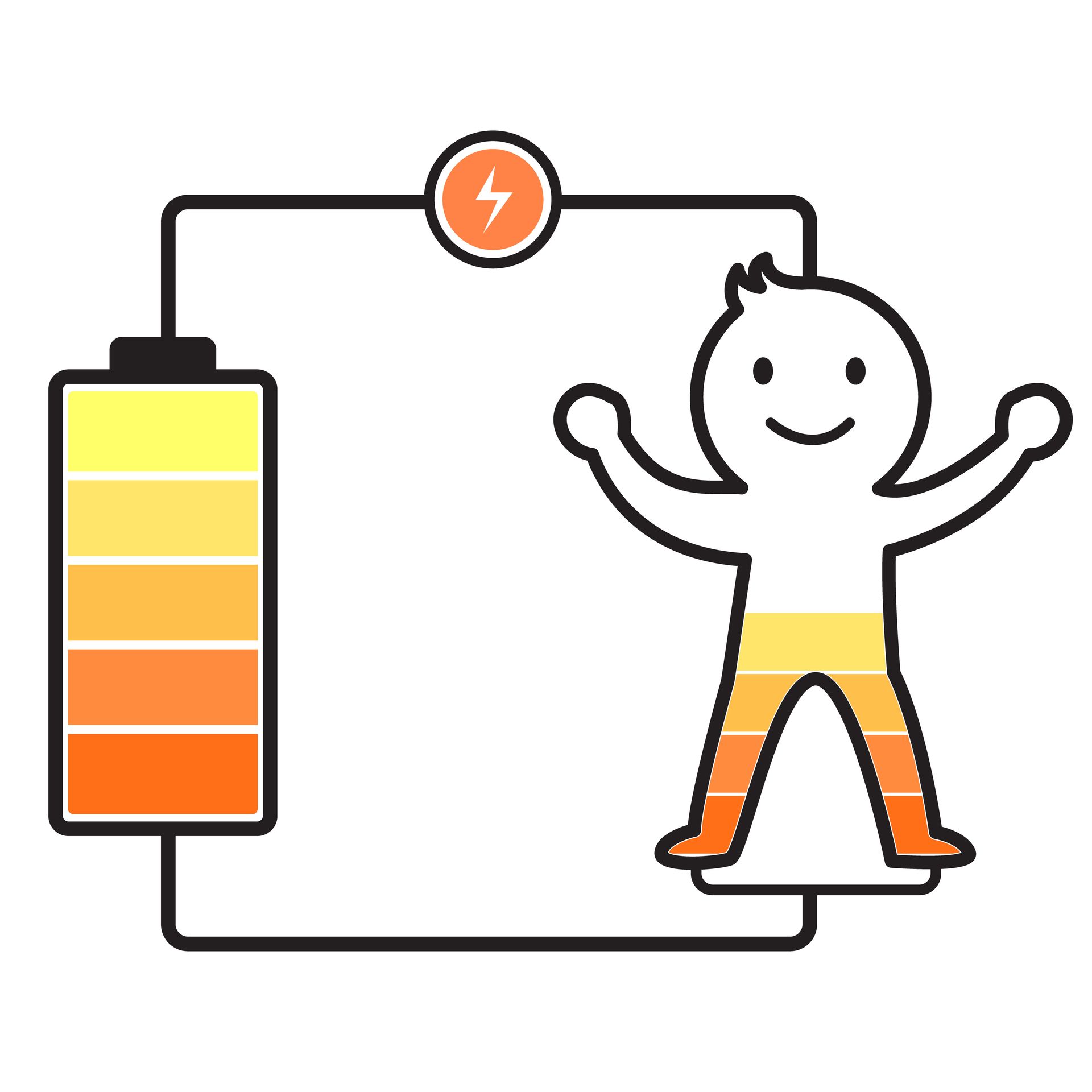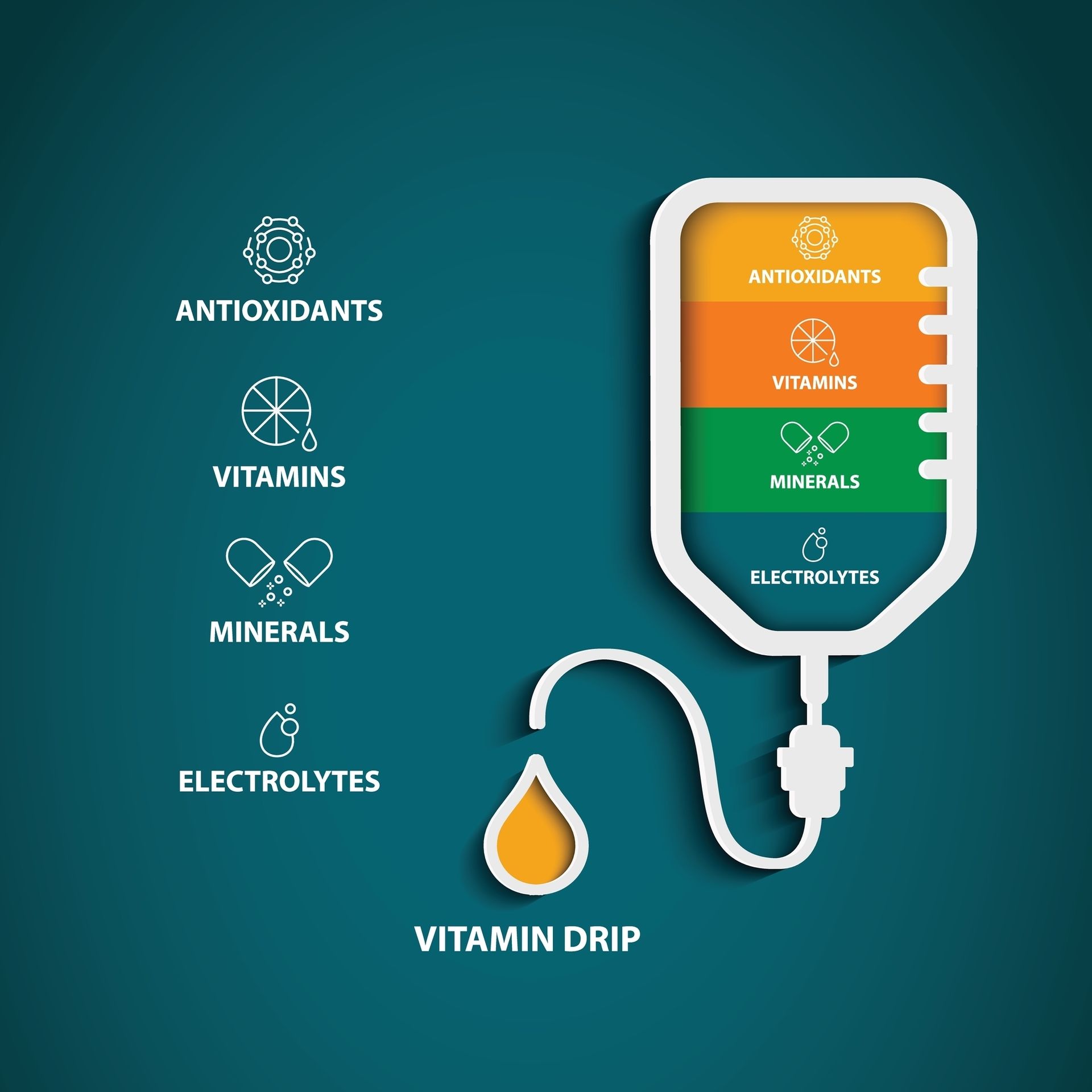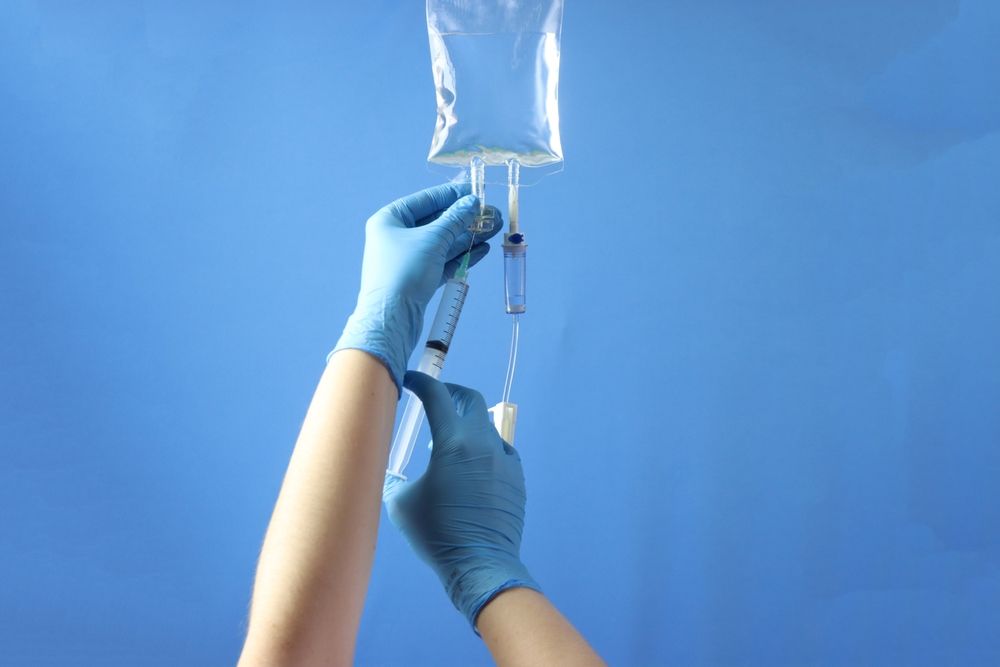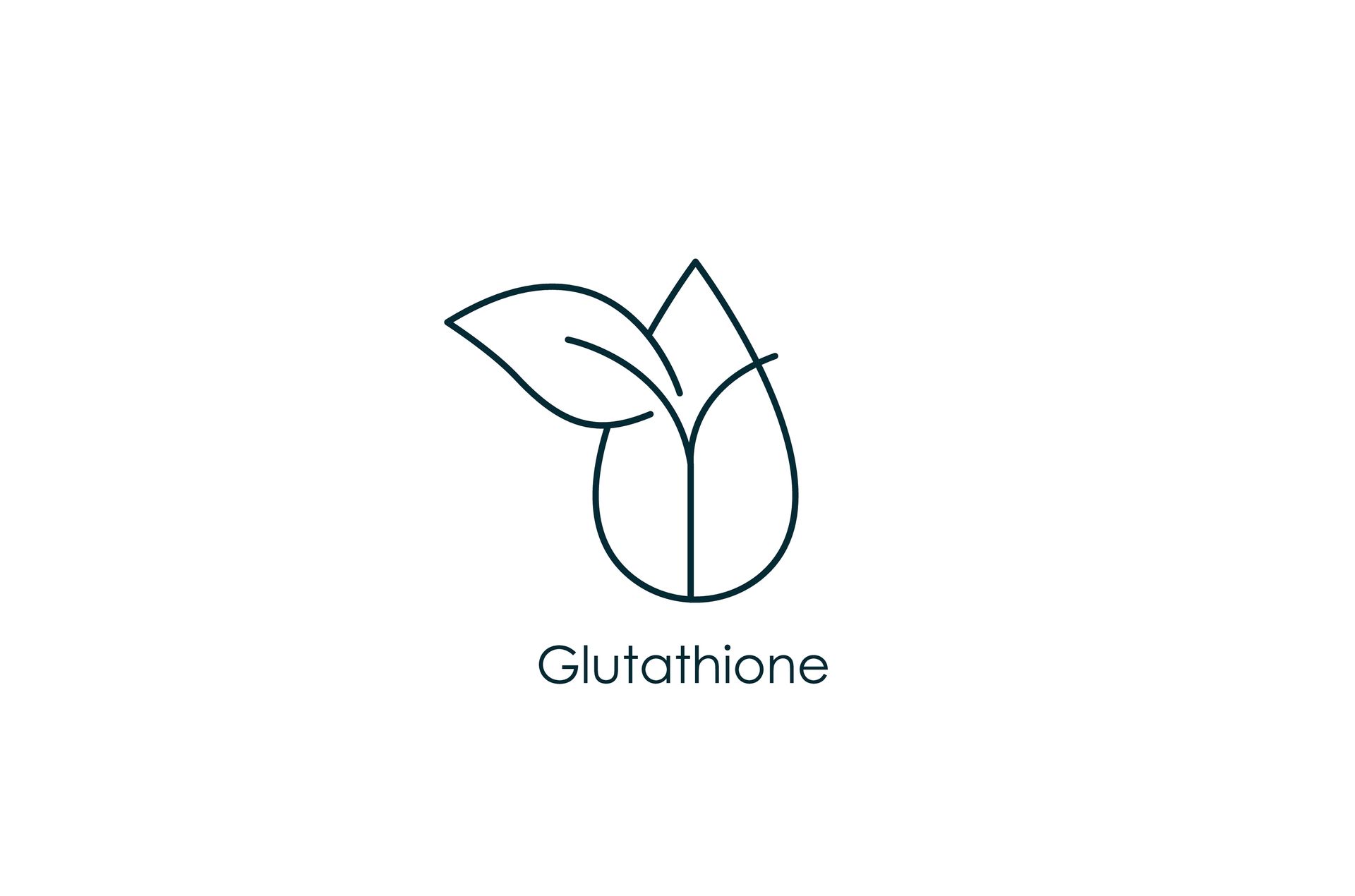Articles and Information
Hydration and Brain Health: Boost Mental Clarity
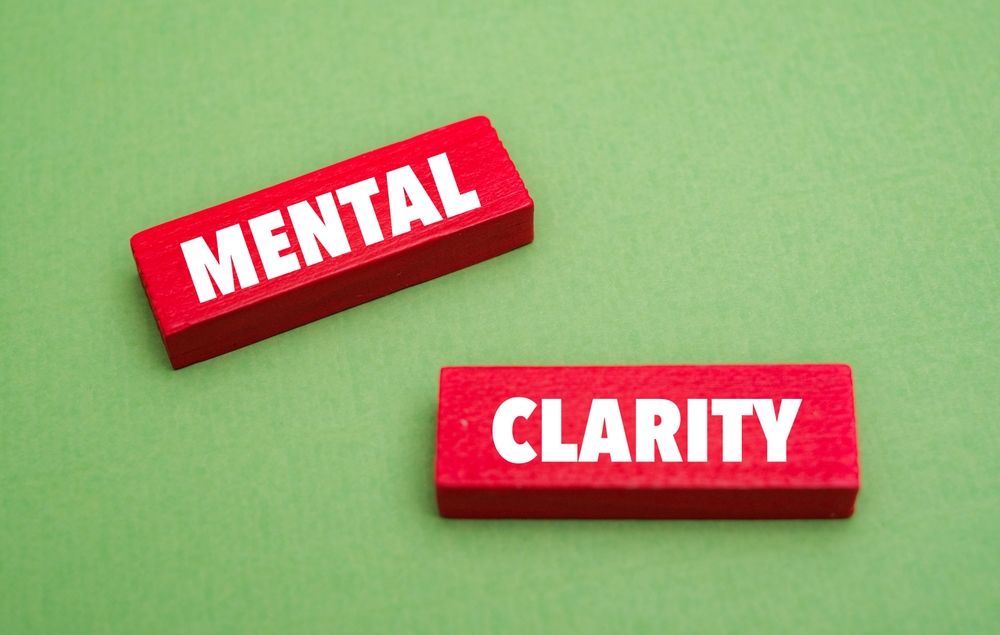
Hydration is often overlooked, yet it plays a critical role in maintaining optimal brain function. Understanding how hydration impacts mental clarity can lead to improvements not only in cognitive abilities but also in overall well-being. This article delves into the connection between hydration and brain health, examining the effects of both dehydration and optimal hydration on cognitive functions, mood, and stress management.
Understanding the Connection Between Hydration and Brain Health
The Role of Water in the Human Body
Water is essential for every cell in the human body, including brain cells. Our brain is composed of approximately 75% water, which highlights the importance of adequate hydration. Water aids in various bodily functions such as nutrient transport, temperature regulation, and waste removal. When we remain well-hydrated, our brains can function efficiently, leading to better mental clarity and improved cognitive performance.
Adequate hydration ensures that our brains receive the nutrients and oxygen they need to function optimally. Furthermore, water plays a critical role in neurotransmitter production, which is crucial for effective communication between neurons. This communication is essential for processes like learning, memory, and decision-making. Additionally, staying hydrated can help maintain a balanced mood, as dehydration has been linked to increased feelings of anxiety and irritability. The brain's ability to regulate emotions is closely tied to its hydration status, making it vital for mental well-being.
How Dehydration Affects the Brain
Dehydration can have significant negative effects on brain health. Even slight dehydration can lead to reduced concentration and impair memory. When the body is deprived of fluids, the flow of blood and oxygen to the brain is compromised, leading to feelings of fatigue and confusion.
Cognitive functions such as reaction time, working memory, and mood stability may also decline with dehydration. Studies have shown that dehydration can adversely impact short-term memory and visual perception, crucial aspects of mental clarity that we often take for granted. Moreover, chronic dehydration can contribute to long-term cognitive decline, making it all the more important to prioritize hydration in our daily routines. The brain's reliance on water extends to its ability to flush out toxins; without sufficient hydration, harmful substances can accumulate, potentially leading to neurological issues over time. This underscores the necessity of not only drinking enough water but also being mindful of our overall fluid intake from various sources, including fruits, vegetables, and other beverages.
The Impact of Hydration on Cognitive Functions
Hydration and Memory Performance
Memory performance is one area heavily influenced by hydration. Research suggests that individuals who maintain proper hydration levels tend to perform better on memory-related tasks compared to those who are dehydrated. This improvement could be attributed to better blood flow and oxygen delivery to the brain, which enhances cognitive function and memory retention.
Older adults, in particular, may be more susceptible to the effects of dehydration on memory. Maintaining optimal hydration can potentially stave off cognitive decline, thereby supporting long-term cognitive health throughout the aging process.
Hydration's Influence on Attention and Concentration
Attention and concentration are essential for effective learning and decision-making. Dehydration can negatively affect one’s ability to maintain focus, leading to decreased productivity. Studies show that even mild dehydration can impair attention and increase the likelihood of mistakes during tasks that require sustained mental effort.
By ensuring adequate hydration, individuals can sustain their focus and enhance task performance. This is particularly important for students and professionals who rely on cognitive efficiency in their daily activities.
Hydration and Mental Clarity
The Link Between Hydration and Mood
The relationship between hydration and mood is a crucial aspect of mental clarity. Dehydration is linked to feelings of irritability, fatigue, and anxiety, all of which can cloud mental clarity. Conversely, staying hydrated is associated with positive mood states and enhanced emotional well-being.
Research highlights that individuals who drink sufficient water report feeling more positive and less anxious. Thus, maintaining optimal hydration levels can promote a clear and focused mind, as well as support emotional balance.
Hydration's Effect on Stress and Anxiety
Stress and anxiety can significantly hinder mental clarity. Evidence suggests that dehydration can exacerbate feelings of stress, leading to a downward spiral of cognitive dysfunction. When we are adequately hydrated, our bodies are better equipped to cope with stress, allowing us to think more clearly and react appropriately to challenges.
By managing hydration levels, individuals can work towards reducing their stress response and improving overall cognitive resilience, thereby enhancing mental clarity during stressful situations.
Optimal Hydration for Brain Health
Daily Water Intake Recommendations
To support brain health, it is essential to understand optimal daily water intake requirements. While recommendations can vary, a general guideline is to aim for about 2.7 liters (92 ounces) for women and 3.7 liters (125 ounces) for men from all beverages and foods each day.
These recommendations may need to be adjusted based on factors such as physical activity, climate, and individual health conditions. Listening to your body's thirst cues and drinking water throughout the day can help maintain optimal hydration.
Hydrating Foods for Brain Health
In addition to drinking water, consuming hydrating foods can also contribute to overall hydration. Foods rich in water include fruits and vegetables that can provide necessary fluids along with vital nutrients that support brain health. Some examples include:
- Watermelon
- Cucumbers
- Celery
- Strawberries
- Oranges
Incorporating these foods into your daily diet can aid in maintaining hydration levels while also offering additional cognitive benefits due to their nutrient content.
Overhydration and Brain Health
Understanding Water Intoxication
While hydration is vital for brain health, it is also important to recognize that overhydration, or water intoxication, can pose risks. This condition occurs when excessive water dilutes the sodium levels in the bloodstream, leading to an electrolyte imbalance. Symptoms can include confusion, nausea, and in severe cases, seizures.
To avoid overhydration, it’s crucial to listen to your body and understand the balance needed for optimal hydration, particularly during intense physical activities.
Balancing Hydration for Optimal Brain Function
In conclusion, achieving optimal brain function requires a careful balance of hydration. Both dehydration and overhydration can negatively impact brain health, resulting in impaired cognitive functions and emotional instability. By understanding the connection between hydration and brain health, individuals can take proactive steps towards enhancing mental clarity.
Regularly assessing hydration levels, consuming hydrating foods, and being mindful of physical activity can support cognitive health, ultimately leading to improved mental clarity and overall well-being.
USEFUL LINKS
CONTACT US
If you think you may have a medical emergency, immediately call your doctor or dial 911.
This website does not provide medical advice. It is intended for informational purposes only. It is not a substitute for professional medical advice, diagnosis or treatment. Never ignore professional medical advice in seeking treatment because of something you read on the internet. These statements have not been evaluated by the Food and Drug Administration.
© 2021-2024 All Rights Reserved | Powered by OMG Marketing


